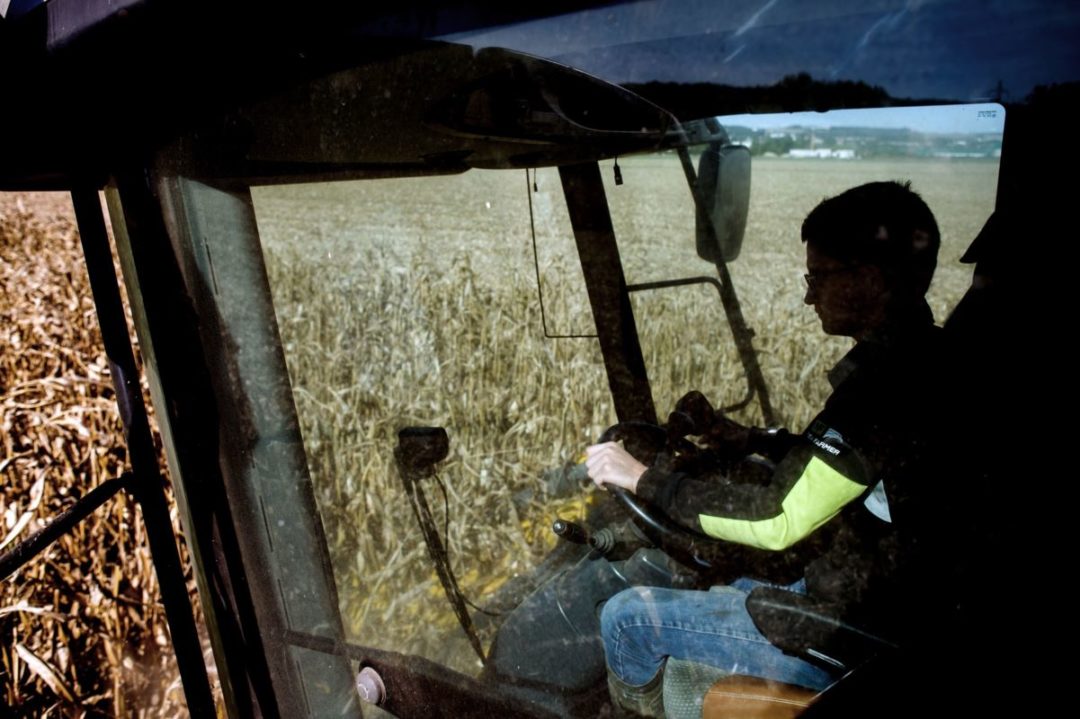
Visit Our Sponsors |
|
|
|
|
|
|
|
|
|
|
|
|
|
|
|
|
|
|
|
|
|
|
|
|
|
|
|
|
|
|
|
|
|
|
|
|
|
|

Photo: Bloomberg
French farmers started to block highways around Paris using tractors to pressure the government into further concessions to ease the burden of rising costs and red tape.
At least five were closed at key points within 100 kilometers of the capital on January 29, while others were operating with reduced lanes, according to the government’s Bison Futé traffic website.
The country’s FNSEA and Young Farmers unions called for a “siege” of Paris after pledges for support by Prime Minister Gabriel Attal in the last three days failed to end protests that began more than a week ago, even as some sought to use more moderate language.
“We’re stepping up the pressure because we’ve realized that when it’s far from Paris, the message doesn’t get through,” FNSEA head Arnaud Rousseau said earlier on RTL radio. “Our aim isn’t to annoy or make life difficult for the French, our aim is to put pressure on the government so that we can quickly find a way out of the crisis.”
Farmers have been choking roadways across the country to protest higher production costs, stringent regulations imposed from Brussels and what they call unfair competition from abroad. France is the European Union’s biggest agricultural producer, accounting for close to €100 billion ($108 billion) annually, or around 18% of total output.
French government spokeswoman Prisca Thevenot said Attal planned to hold further talks with union leaders late January 29 and said that fresh measures would be announced on January 30.
“We can’t leave our agriculture industry at the mercy of unfair competition,” she told reporters following a cabinet meeting. “Farmers must be able to live from their labors.”
She added that President Emmanuel Macron would raise the farmers’ concerns on the sidelines of a meeting of European leaders in Brussels on February 1.
Interior Minister Gérald Darmanin said some 15,000 police officers would be deployed to stop tractors from entering Paris and other big French cities, with a focus on preventing blockades at Paris’s main airports and the giant Rungis wholesale food market, south of the capital.

In neighboring Germany, agricultural workers also continued protests on January 29, focusing on the city of Hamburg and disrupting traffic to and from the country’s biggest port. Some 1,500 tractors and other vehicles took part, according to media reports.
This follows road blockades across Germany earlier this month, which were triggered by opposition to subsidy cuts but quickly won public support and turned into an outlet for anger against the government.
Farmers in Belgium have blocked several highways, including a portion of the ring road that encircles Brussels.
Attal was quick to try to respond to the farmer protests, which also have widespread backing in France, according to polls, and which far-right parties across the EU are latching onto ahead of European Parliament elections in June.
He made a series of promises on January 28 aimed at addressing concerns about competition and the transfer of farm properties, after pledging on January 26 to reverse a plan to raise taxes on farming fuel and to issue big fines to companies that don’t respect rules on price negotiations. Yet this failed to halt the demonstrations.
RELATED CONTENT
RELATED VIDEOS
Timely, incisive articles delivered directly to your inbox.






